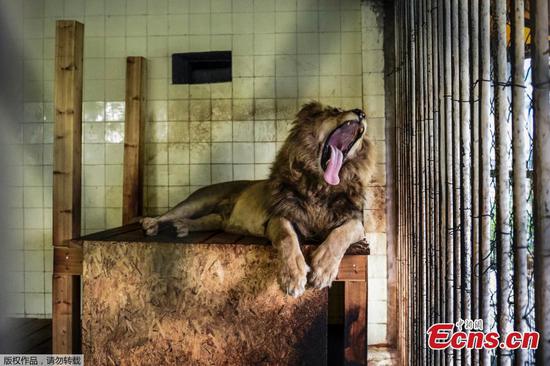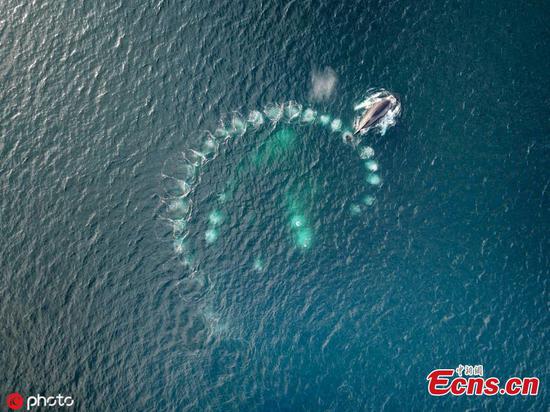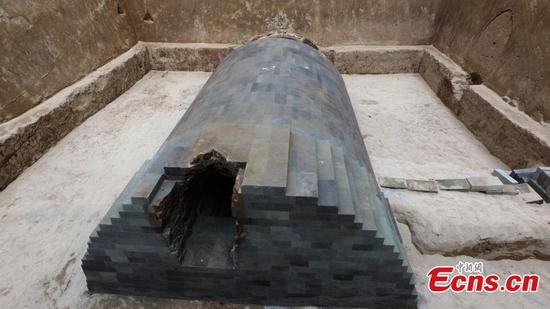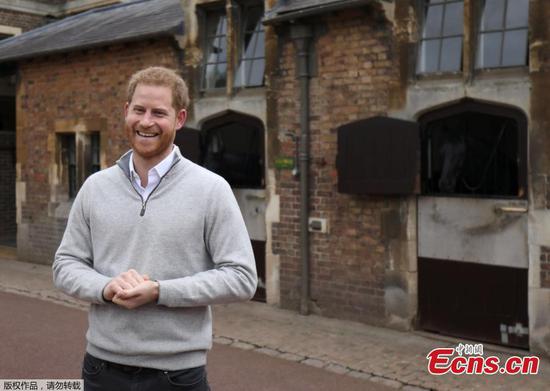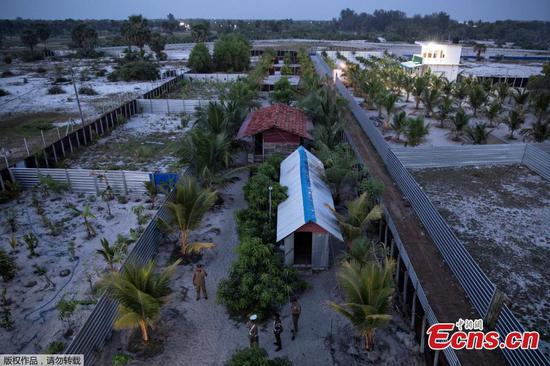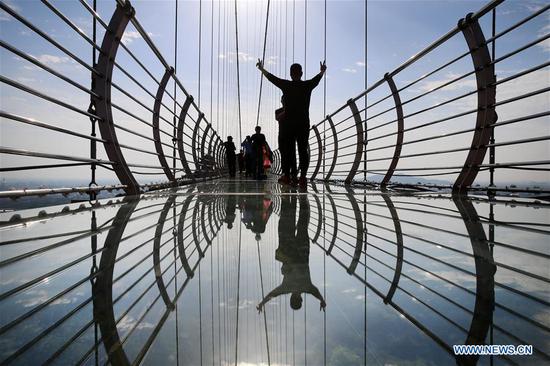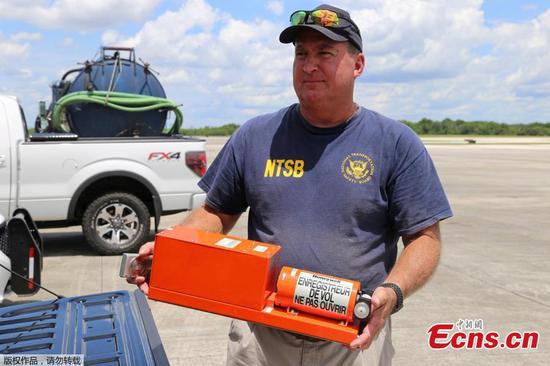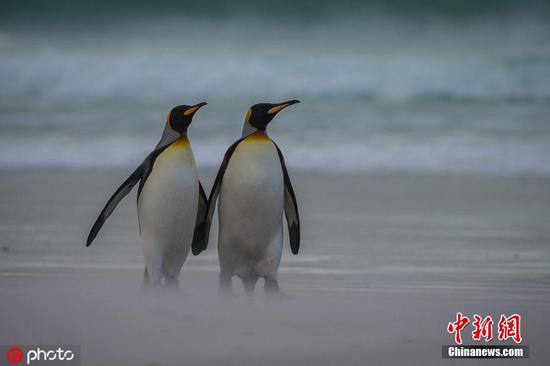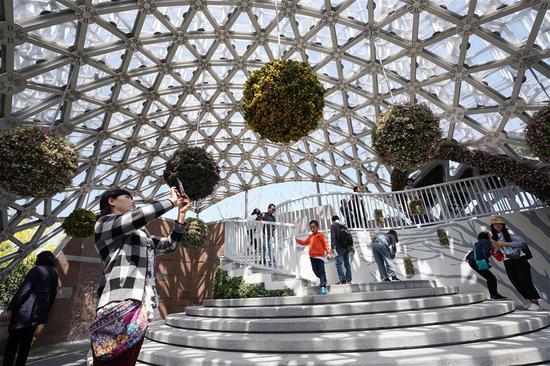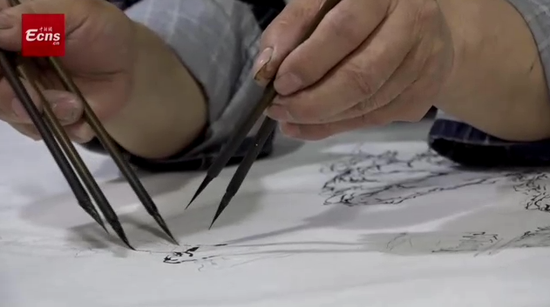Cuba will provide legal guarantees to all foreign companies which already have investment or wish to explore business opportunities in the Caribbean nation, said Cuban Tourism Minister Manuel Marrero on Tuesday.
During the inauguration of Cuba's International Tourism Fair (FITCuba 2019) in Havana, Marrero said Havana will offer legal protection to foreign companies with financial and economic interests in the country following the U.S. move to activate Title III of the Helms-Burton Act.
The controversial act, which had been suspended by every U.S. president since Bill Clinton, allows U.S. citizens to establish lawsuits against foreign companies operating in Cuba on nationalized properties after 1959.
"This legal aberration, which affects U.S. companies first, can't be applied in Cuba, therefore all companies which operate in our country have total legal security under Law 118 of Foreign Investment and Law 80 of National Dignity," said Marrero.
In this context, he reiterated Havana's determination to never abandon those entrepreneurs that decided to bet on Cuba like firms from Canada and the European Union, especially Spain, the leading investor in the tourism sector in the island.
The Cuban minister highlighted the presence of U.S. companies in the country like Marriot, which operates a hotel in Havana, and another 26 that came to the 39th edition of FITCuba 2019, which runs until May 11.
The event, considered one of the most important in the tourism sector in the Caribbean, brings together about 2,000 tourism industry representatives from 40 nations.
Marrero reiterated the island has received over 2 million visitors so far this year, a figure which represents a 7 percent increase and was reached 12 days earlier than that in 2018.
Canada remains the Caribbean nation's top tourism market with a 23 percent share, representing over 1.1 million tourists last year.
Visitors from the United States ranked second in 2018, despite Washington's economic pressures against Havana and Trump's coercive measures to prevent its citizens from visiting the island.
Germany, France, Britain, Italy and Spain contributed just over 1 million visitors, or some 20 percent of the total.
The minister announced this year 4,000 new hotel rooms will be built with investments for over three billion U.S. dollars, as part of the extensive development throughout the country in this sector.
Also, 13 new hotels will open in Havana in 2019 and by 2020, and 26 accommodation facilities will be completed, which will include another 4,000 rooms all over the island.
"The sector's development plan until 2030 covers 740 projects in special economic zones linked to accommodation, recreation programs, real estate development associated with tourism and golf, nature tourism, camping, recreational boating and logistics," he added.
Cuba expects to receive 5.1 million visitors this year, up 7 percent from 2018.
The so-called leisure industry, is the second source of foreign currency income for the Caribbean country with over 3.3 billion dollars in 2018.
The island's government regards the tourism sector as one of the most dynamic, and a main driving force of its economic development.









